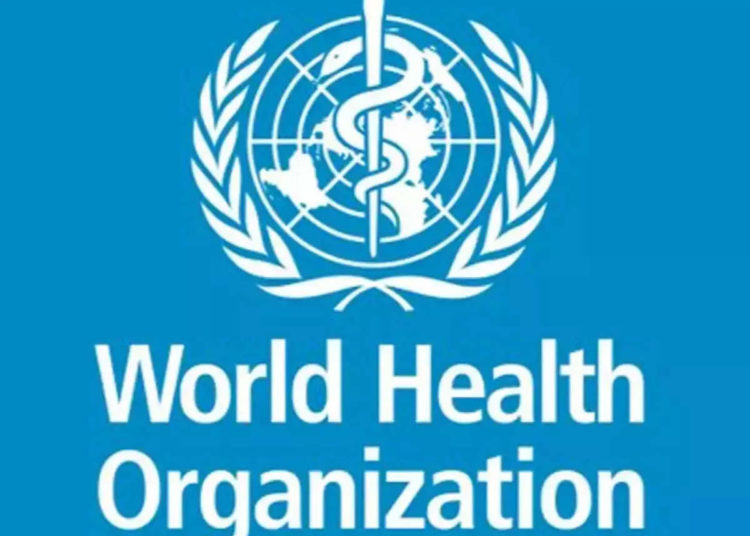World Health Organisation (WHO) has raised the alarm over widespread disruptions to health services across the globe following sudden suspensions and reductions in Official Development Assistance (ODA) for health.
In a statement released yesterday, the WHO revealed that a rapid assessment carried out between March and April 2025 in 108 WHO country offices found that 70 per cent had experienced disruptions. The survey, which primarily focused on low- and lower-middle-income countries, paints a bleak picture of the strain on health systems amid dwindling donor support.
“These findings are deeply concerning and highlight the potential for prolonged negative impacts on health services worldwide,” WHO said.
The assessment points to significant reductions in critical health functions, with 70 per cent of countries reporting disruptions in emergency preparedness and response, 66 per cent in public health surveillance and 58 per cent in general service provision. Humanitarian aid (56 per cent) and the health workforce (54 per cent) have also been severely affected.
WHO director-general, Dr Tedros Adhanom Ghebreyesus, said the report underscored the dangerous consequences of abrupt aid cuts.
“Although these cuts are a shock, they are also accelerating the transition from aid dependency to more sustainable self-reliance based on domestic resources. Many countries are asking for WHO’s support and we are working with them to identify and tailor the most effective measures,” he said.
According to the report, the budget cuts are already having visible consequences. Up to 24 per cent of country office responses indicated a rise in out-of-pocket payments for health services, a burden that disproportionately affects poor and vulnerable populations.
At least one-third of the surveyed countries reported widespread service disruptions, including critical shortages of medicines and essential health products. Services for malaria, HIV, tuberculosis, sexually transmitted infections, maternal and child health and family planning are among the hardest hit.
In some regions, the extent of the disruption is said to rival the chaos seen at the height of the COVID-19 pandemic. Over 50 per cent of countries also reported job losses among health workers and the suspension of training programmes.
Health information systems have not been spared, with more than 40 per cent of countries reporting major disruptions to emergency and surveillance systems, lab networks, and data collection mechanisms.
Dr Ghebreyesus said 81 of the 108 WHO country offices had already requested support in areas such as innovative funding mechanisms, technical assistance and capacity building.
He said the WHO was committed to working closely with affected countries, global health partners and donor agencies to manage the unfolding crisis and promote long-term sustainability.
“The goal is to identify the urgent support countries need to avoid catastrophic impacts on population health and to monitor this rapidly evolving situation,” he said.





